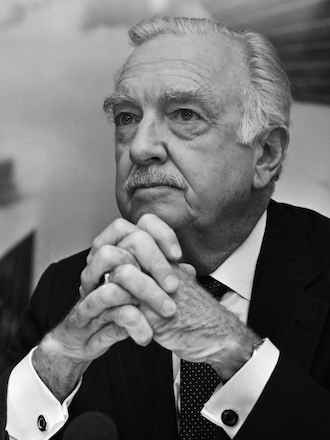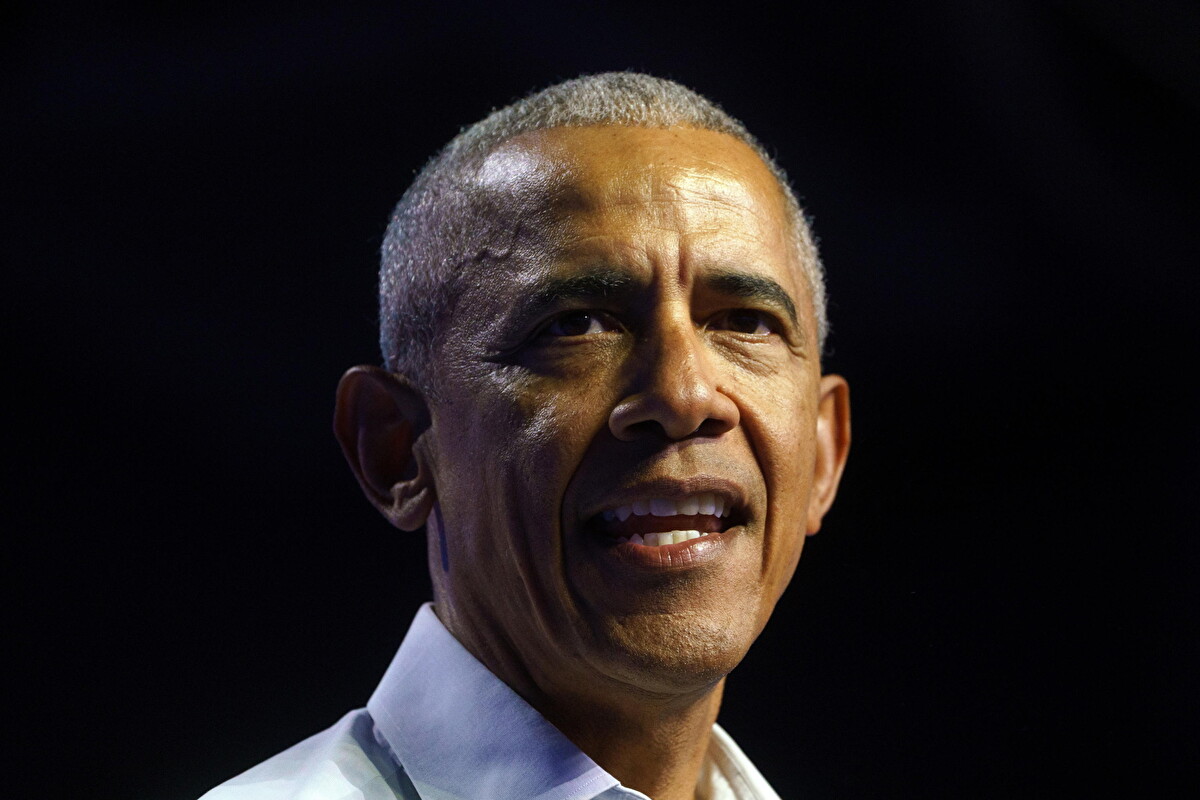
There was a time when legendary news reporter and pioneer television broadcaster Walter Cronkite was the embodiment of truth in journalism. “Uncle Walter” as he was known, became widely known as the most trusted man in America, reporting on the historically impactful events occurring in his era: the Cuban Missile Crisis, the Kennedy assassination, the Viet Nam War, the Apollo moon landing and the Watergate crisis, with the authority and credibility that objective news reporting used to engender. “Walter Cronkite was everything a journalist was supposed to be. He was truly fair and balanced… He was thorough and prepared and he asked the tough questions that needed to be asked of politicians and government officials, whether they were liberal, conservative, Democrat or Republican”. In short, Cronkite came to be viewed as the preeminent authority figure in the media of his day. The trust factor was so great that it extended to his interviewees. As one commentator put it, “If you lied to Walter Cronkite, the odds were long you’d see airtime on the CBS News every again.” In that era the “facts” of the reports were researched and checked for veracity before they came out of the television anchor’s mouth or the print reporter’s pen.
But we live in a different era. Today grown-ups refuse to grow out of adolescence. This is not manifested only superficially, it is also embedded deeply in our society in a multitude of other ways. It isn’t only that parents and children pretty much dress alike – in crop tops, baseball caps and flip flops – and that “more adults, ages 18 to 49, watch the Cartoon Network than watch CNN”. Or that the average video gamester is now 30 years old and that parents and children listen to the same music. What has also disappeared is the mind-set that expresses maturity: tolerance, patience, responsibility, perspective. Not to mention independence of thought and self-determination.
Today “alternative facts” and “post-truth” are notions that have seeped into our consciousness and the average news consumer rarely stops to dig deeper into the details. The very idea that there could be a single truthful version of any story is alien to us in the age of post-modernist relativity. The Washington Post has estimated that Donald Trump, President of a powerful nation, tells an average of eight lies per day, over 5,000 lies as of September 2018. We all know that Trump is not the first public figure to tell lies, but the boldness and flagrant disregard with which he does so is stunning. Even when video recordings exist to play back his own words, he still doubles down and sticks to the lie. Bombarded every day by such an egregious disrespect for the truth, we have become cynical about all news reporting.
So we need to ask the obvious question: can any journalism be objective, un-biased, balanced and fair? How can it be when human beings filter all data through their own consciousness? No two people see the same picture, and even hard “facts” are subject to interpretation. In view of these incontrovertible aspects of human nature, I will grant that there are severe limits to objectivity. Yet that is a far cry from abandoning any effort to achieve it. Unbridled subjectivity, and the entrenched belief in the primacy of the individual’s right to filter all information according to emotional response, have overtaken the intellectual effort to weigh and assess information based on accuracy, logic, or even common sense. On television, ad hominem attacks have replaced objective reporting and pundits shout over each other instead of engaging in civilized, intelligent and informed debate.
Sean Hannity is the most visible and vocal of the Foxnews.com hosts, but he is also an old and dear friend and erstwhile business partner of Donald Trump. These ties should disqualify Hannity from reporting “news” about Trump’s policies, and yet Hannity’s views are the driving force behind Trump’s fan base, and no matter how blatantly Hannity’s supportive claims clash with numbers, statistics, or even the very words that have emerged from Trump’s own mouth, his supporters accept Hannity’s interpretations.

The question comes up frequently, can we even consider Sean Hannity and his ilk journalists? Fox News may be the most transparently partisan of the “news” programs, but it is not alone. If it were then we could simply ignore them. While Fox has Hannity, Ingraham, Levin and Doocy, CNN has Don Lemon and Erin Burnett who are just as opinionated and subjective. Hannity himself has both claimed and renounced the title of journalist, according to the expediency of the moment. In August 2016 he rebutted to a critic, “I’m not a journalist, I’m a talk show host”. Yet in November in a New York Times article he did indeed lay claim to being a journalist. Not only does “Hannity often promote[s] the idea that he is one of few people doing journalism right” but tellingly, he was hailed by controversial former Arizona sheriff Joe Arpaio as “a great journalist”.
Where is the dividing line between news reporting and talk show? What distinguishes one from the other and how can a viewer tell the difference? With the television media—the main source of information for the majority of viewers—littered with polarizing “talk shows”, where can I find objective reporting of today’s events without being hammered over the head with the host’s personal views? Perhaps the PBS Newshour can be considered to be more balanced, but PBS is hardly part of the mainstream.
The blurred boundaries between subjective opinion and objective reportage therefore constitutes a widespread problem. Even more distressing is the new trend of allowing the public to contribute to the news story, via their Twitter posts. It may be a question of style, yes, but more profoundly, it is a way to view the world. In Cronkite’s era, in radio, television and print sources, there was a clear distinction between presenting the news and editorializing about its meaning. “Truth”, authority, government, and all the other “grand narratives” that postmodernist relativism has supplanted still had some currency. Today media and consequently, the very concept of truth, are as fragmented as the nation and talking heads pass off opinion as facts with impunity. Given the state of perpetual adolescence of the average news consumer who shirks the responsibility of digging for the truth, we have no right to complain about being deceived by the media.












